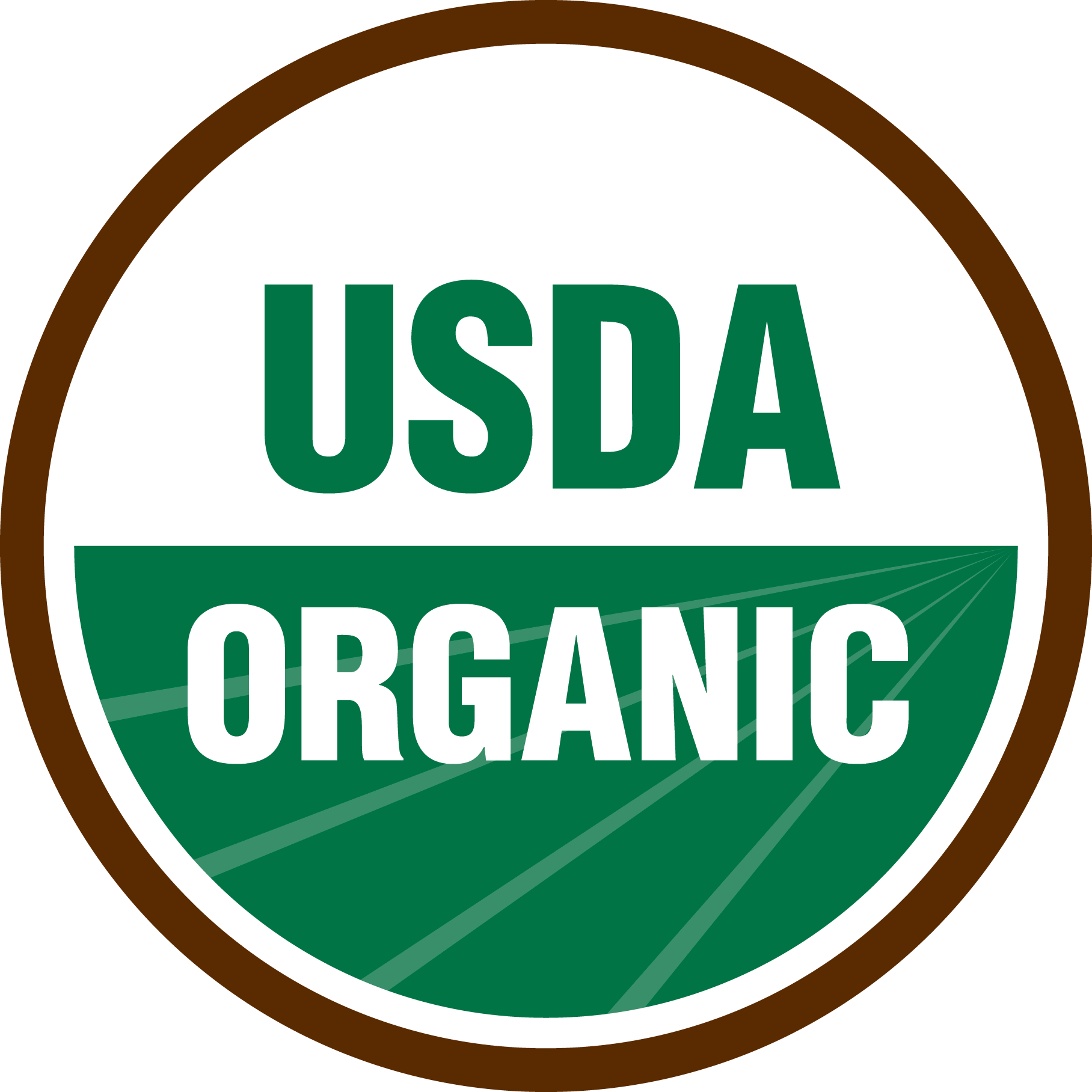
29 Apr Making Organic Food More Affordable
One of the main protests people throw out when discussing eating all organic is the high cost. And while it is true that organic food does come with a higher price tag, the benefits greatly outweigh their conventional counterparts.
“Organic food sales are increasing by double digits annually, and more than 80 percent of parents reported buying organic food for their families last year,” says Laura Batcha of the Organic Trade Association (OTA). “While there’s great momentum for organic sales, the overwhelming reason people give for not purchasing organic is because it’s too expensive. But there are many ways families can enjoy all organic meals every day for about the same cost as conventionally produced food.”
These 7 tips from the OTA can greatly help with making organic food more affordable:
Buy in bulk. A mantra for all food purchases, but nowhere will the value be greater than with organic.
Buy in season, then store for the off season. Organic produce is more affordable while in season, and holds its full nutritional benefits when frozen or stored for enjoying when not in season.
Plan for the month, not just the week. By planning meals as far out as possible, you can curb your costs by finding multiple ways to incorporate organic spices, oils, nuts, dried beans, flour/grain, frozen produce and other ingredients many times over the month.
Explore private label ingredients, which have gone through the same rigorous USDA organic certification procedures as name brand organic products and are often even less expensive than their conventional products.
Join buyers’ clubs and loyalty programs. Many buyers clubs ship organic food wholesale to doorsteps – and many organic food producers and retailers’ websites and social outlets feature frequent coupons, offers and other incentives. Also, joining organic farm CSAs not only saves you money, but directly supports your local economy.
Shop at multiple destinations. With organic food available at most grocers, consumers now have the opportunity to comparison shop at multiple locations to keep their prices down. One strategy could be purchasing fresh produce at organic-focused markets, and packaged, canned and shelf-stable items at larger discount retailers.
Go by/buy the books. For extra inspiration, discover helpful cookbooks with recipes and ideas for organic on a budget, such as the newly released The Essential Good Food Guide by Margaret Wittenberg and Wildly Affordable Organic by Linda Watson.
Source: “Eating Organic for a Family of Four…,”
Organic Trade Association, 12/3/13


